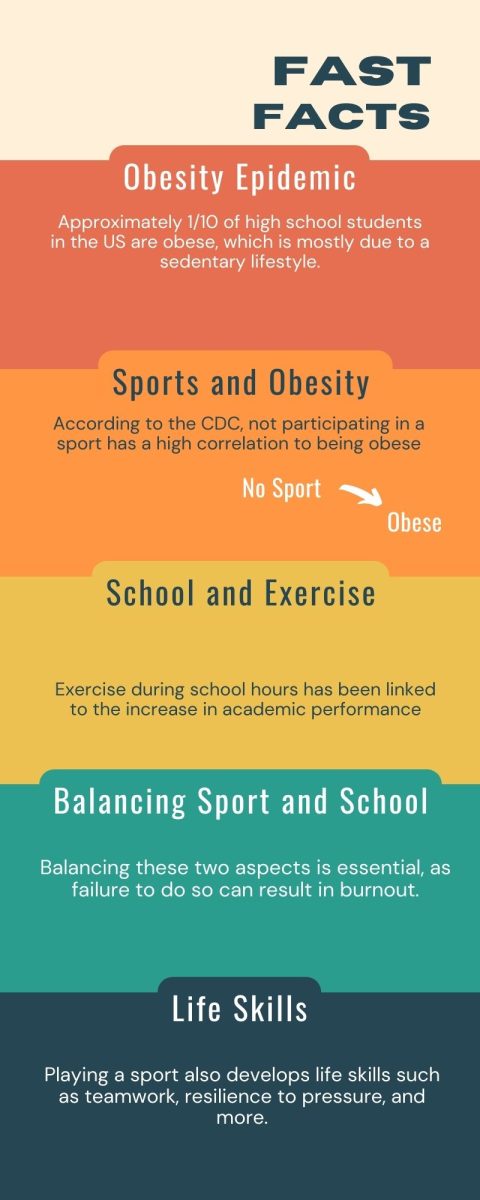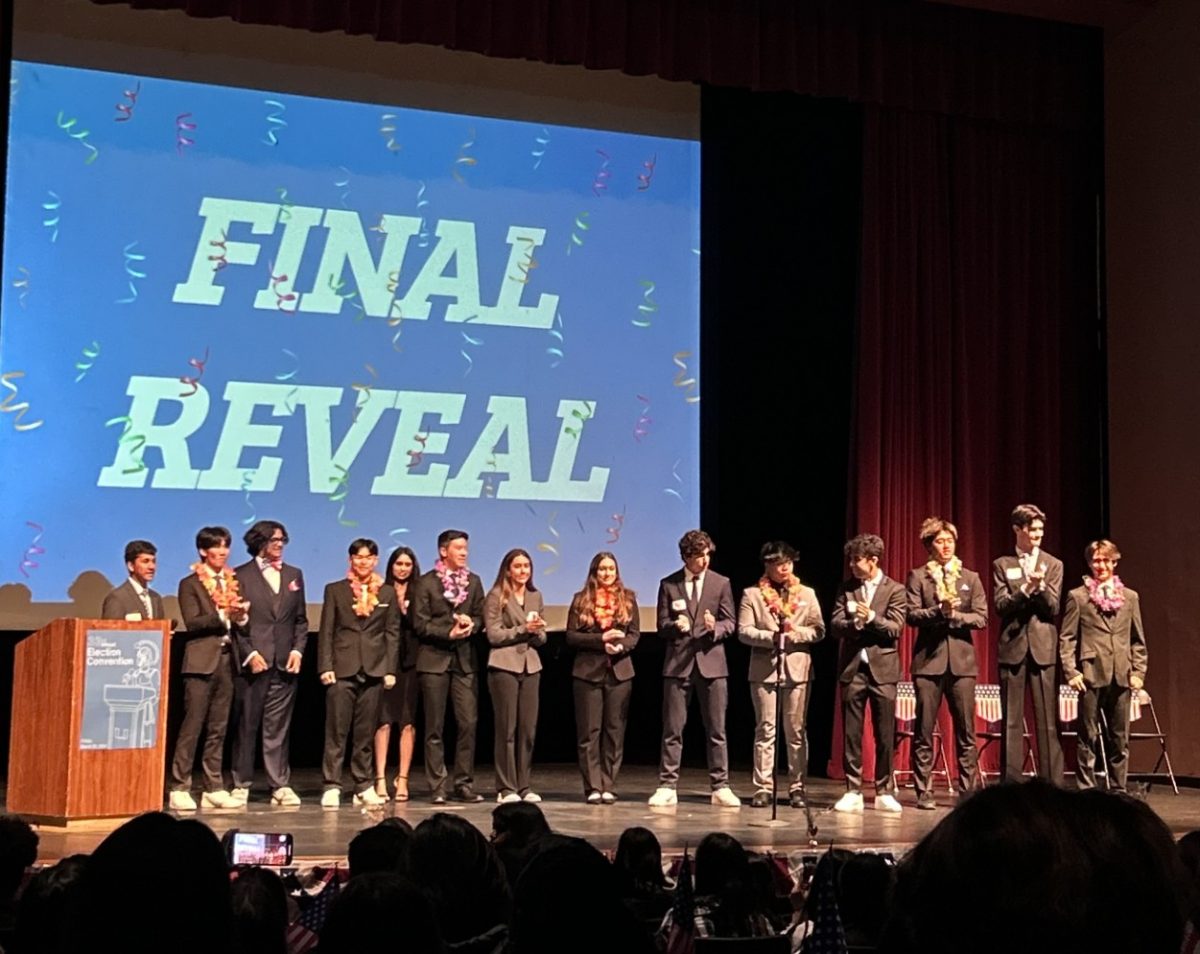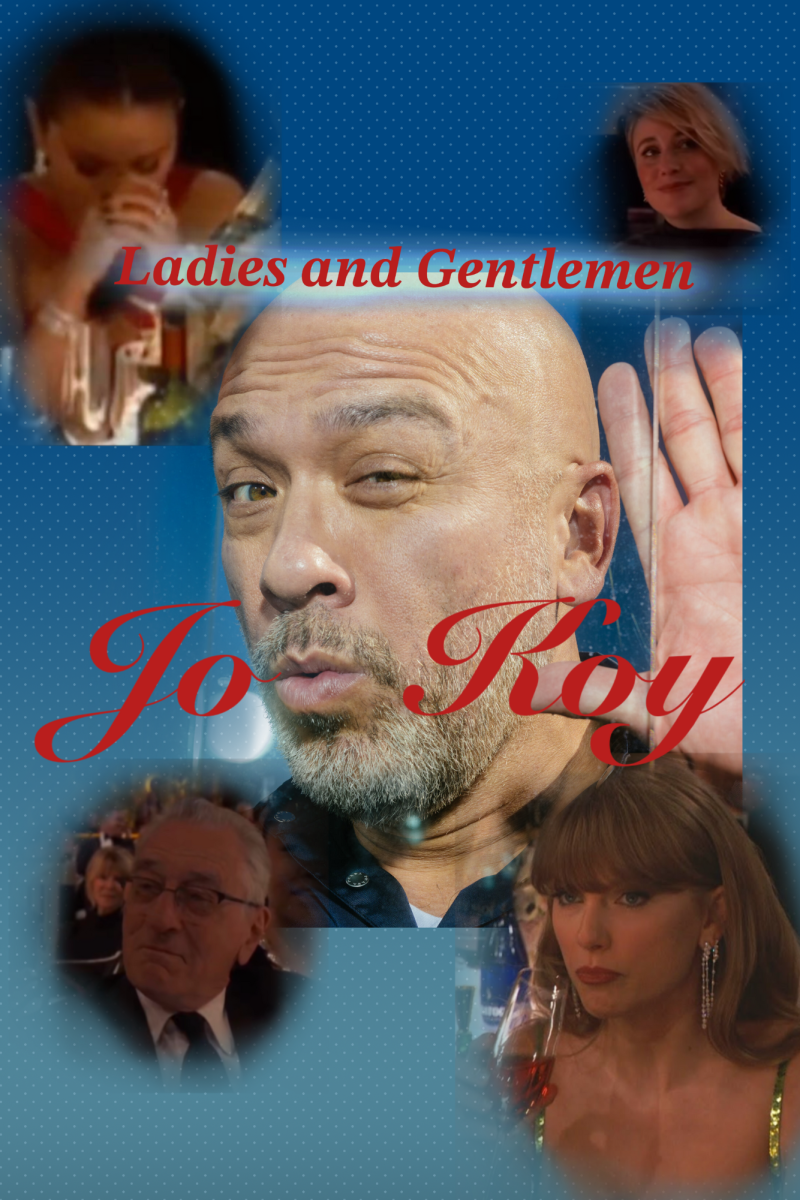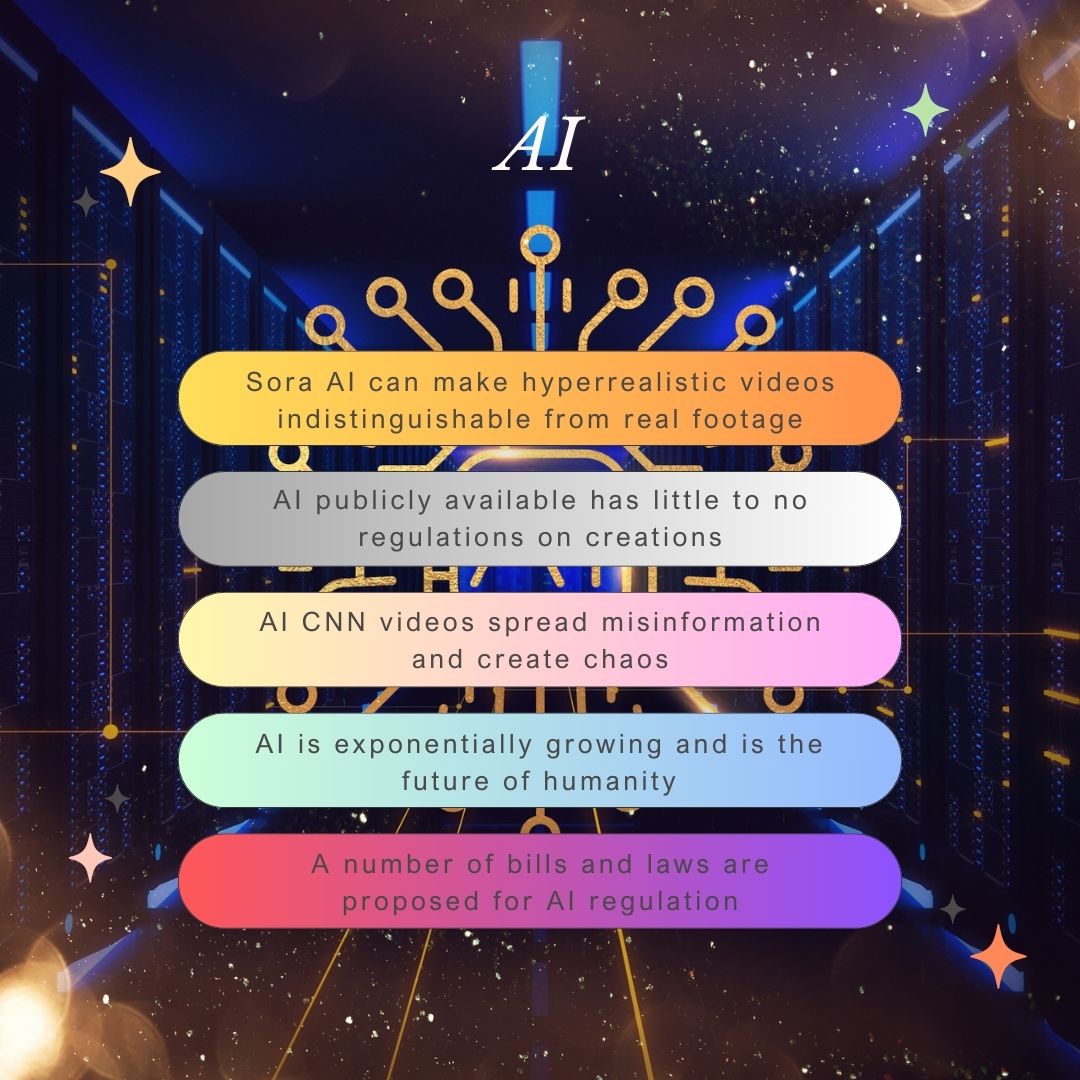
By Stacey Yu
Staff Writer
It’s not hard to find a suggestive song in today’s music. However, what’s astounding is the amount of popularity such songs receive despite their controversial messages.
Robin Thicke’s “Blurred Lines,” featuring T.I., is a prime example of a piece that promotes misogyny – prejudice against women– yet it has achieved great success, earning titles such as the “Song of the summer” and #1 pop hit for 10 weeks, even scoring a nomination for “best male music video” at the VMAs (Video Music Awards).
Thicke’s song is centered on the “blurred lines” of sexual consent, and his music video features near naked women prancing around the screen (the uncensored version features fully naked women). The men are dressed in formal attire.
Such imagery blatantly objectifies women as items unable to think for themeselves- items to be teased. In the video, the men continuously taunt them, and the women only blink emotionlessly at the camera in response.
Even when disregarding the women’s clothing (or lack thereof), the women’s actions throughout the video contribute in promoting an idea of male superiority.
The men featured interact suggestively with each of the women, who merely dance or hug animals to their chests. Such a portrayal reinforces the idea that it is okay for males to see females as objects of mere sexual desire.
Even in society today, it is often considered “cool” if a boy is associated with many girls. In contrast, if a girl were to be associated with many boys, she would automatically be shamed and insulted.
Thicke does make attempts to justify his song, saying that “It’s actually a feminist movement within itself,” to The Today Show. He refers to the lines in which he sings, “that man is not your maker,” and “just let me liberate you.”
However, saying “let me liberate you” casts women deeper into the feminine archetype of being wild and too weak to fight for her own rights. It is as if she is an animal in a cage whose key is only accessible to a dominant male figure.
T.I. then starts his rap, which, in short, emphasizes the double standard of men being able to have multiple women while women can respond to only one male.
“Blurred Lines” also plays a role in promoting ideas concerning rape culture. The line “I know you want it” is one of the biggest problems concerning rape today. Although the women in the music video could’ve given consent, this line is an inexcusable way of gaining their okay.
Propagators often approach a target and say those words, rejecting no for an answer. Propagators are likely to see the answer “no” as a “blurred line”, as if the victim really means yes but is giving off mixed signals.
The reason why “Blurred Lines” is so popular today is that it is catchy. Fans defend the song with the excuse that it should simply be taken lightheartedly.
But how is it that Thicke’s song and music video which features topless women in the uncensored version can be accepted as a mere tune when Taylor Swift is panned and ridiculed for writing songs about breakups?
The “catchiness” of certain songs often overrides the listener’s perception of the sexism inherent in the lyrics. The popularity of such songs reveals a sad trend amongst pop culture and society. There is complete ignorance of the fact that women are constantly being objectified. This prolonged ignorance seems to make such objectification acceptable, digging society deeper into the man-made pit of sexism.
Consent has no Blurred Lines
October 8, 2013
Story continues below advertisement
Donate to Sword & Shield
$180
$1000
Contributed
Our Goal
Your donation will support the student journalists of University High School. Your contribution will allow us to purchase equipment and cover our annual website hosting costs.









John van der Meer • Oct 13, 2013 at 8:42 pm
A very mature analysis, of a serious issue, by a young woman. Very refreshing to see that there are students who don’t blindly accept the values or implied values of popular culture. Misogyny is all too common in modern music lyrics. I find this voice raised in protest to be very refreshing.